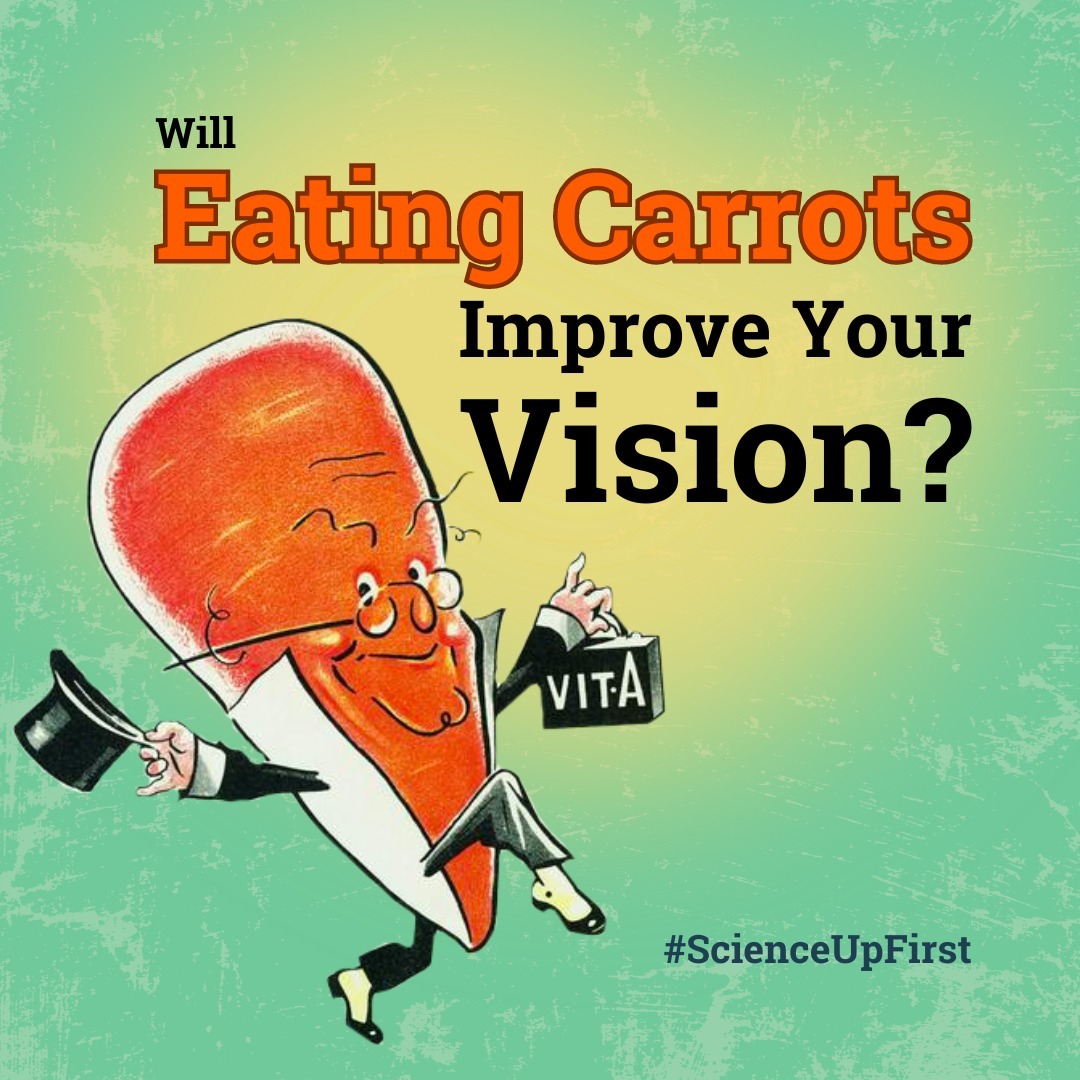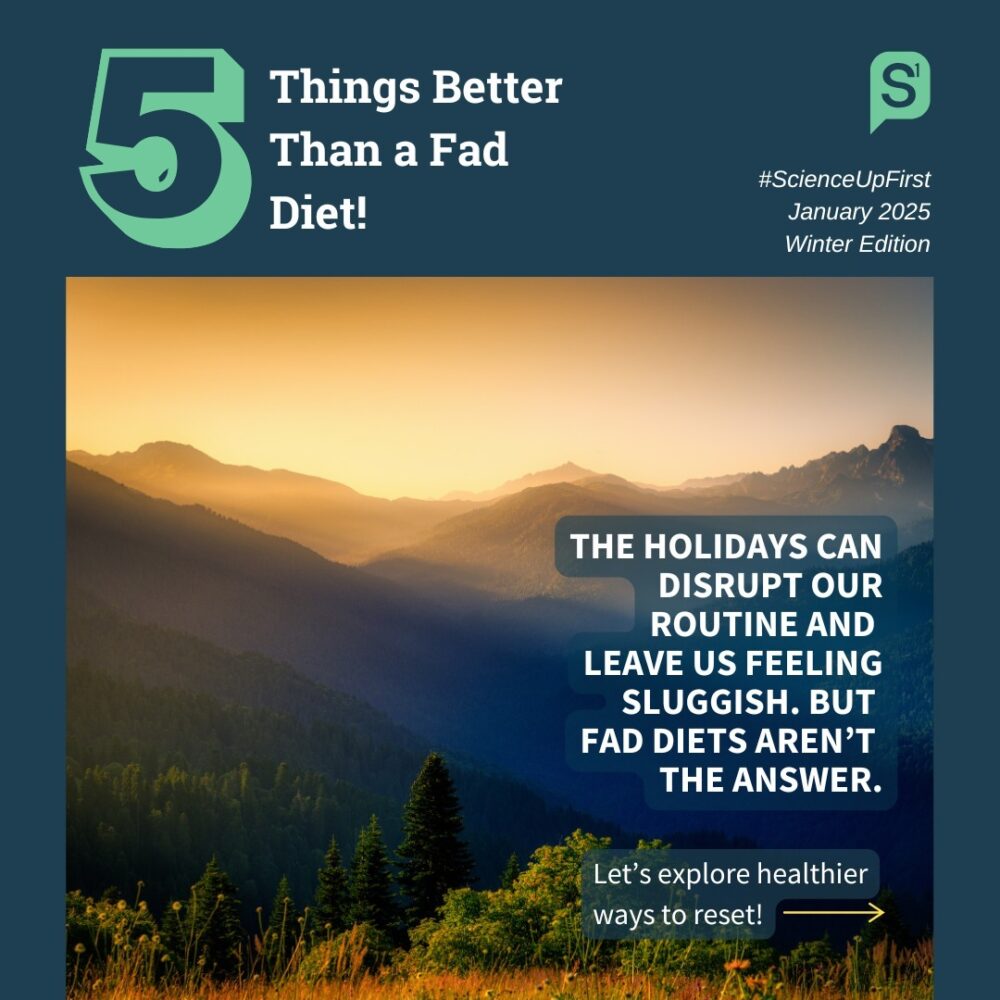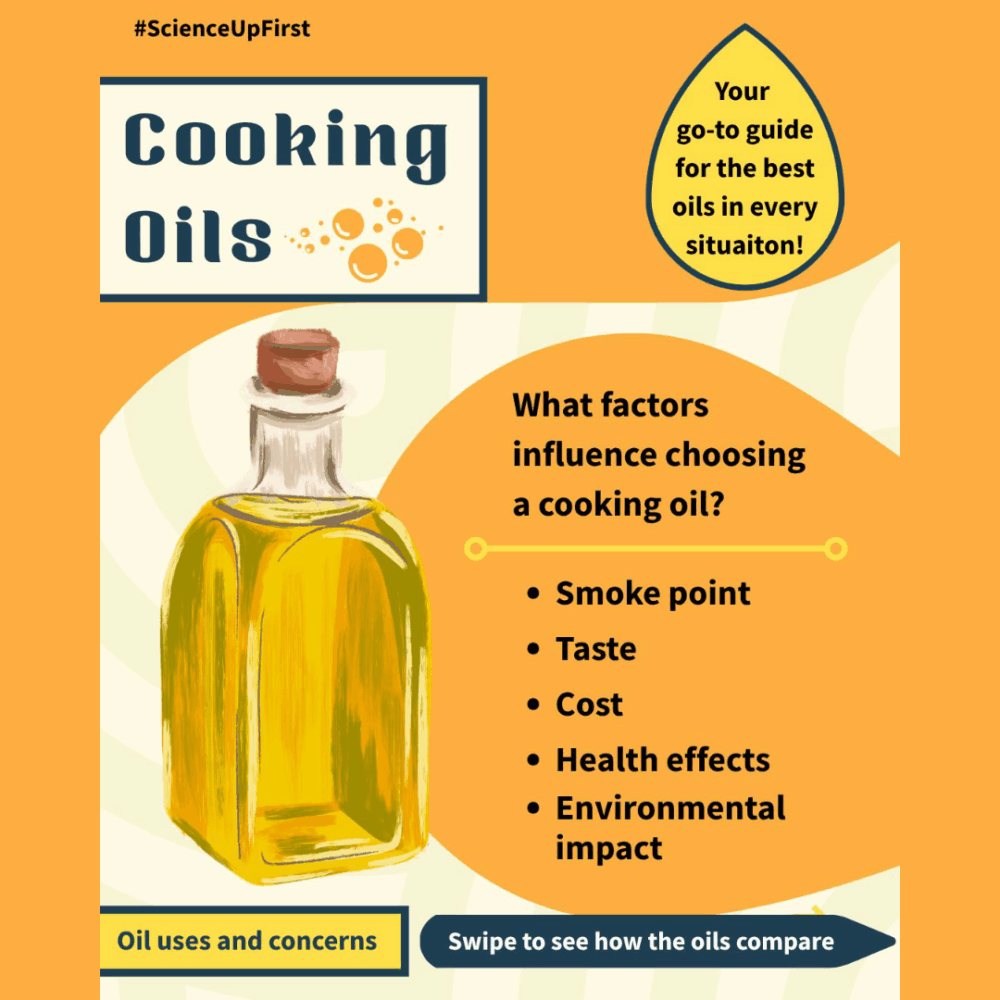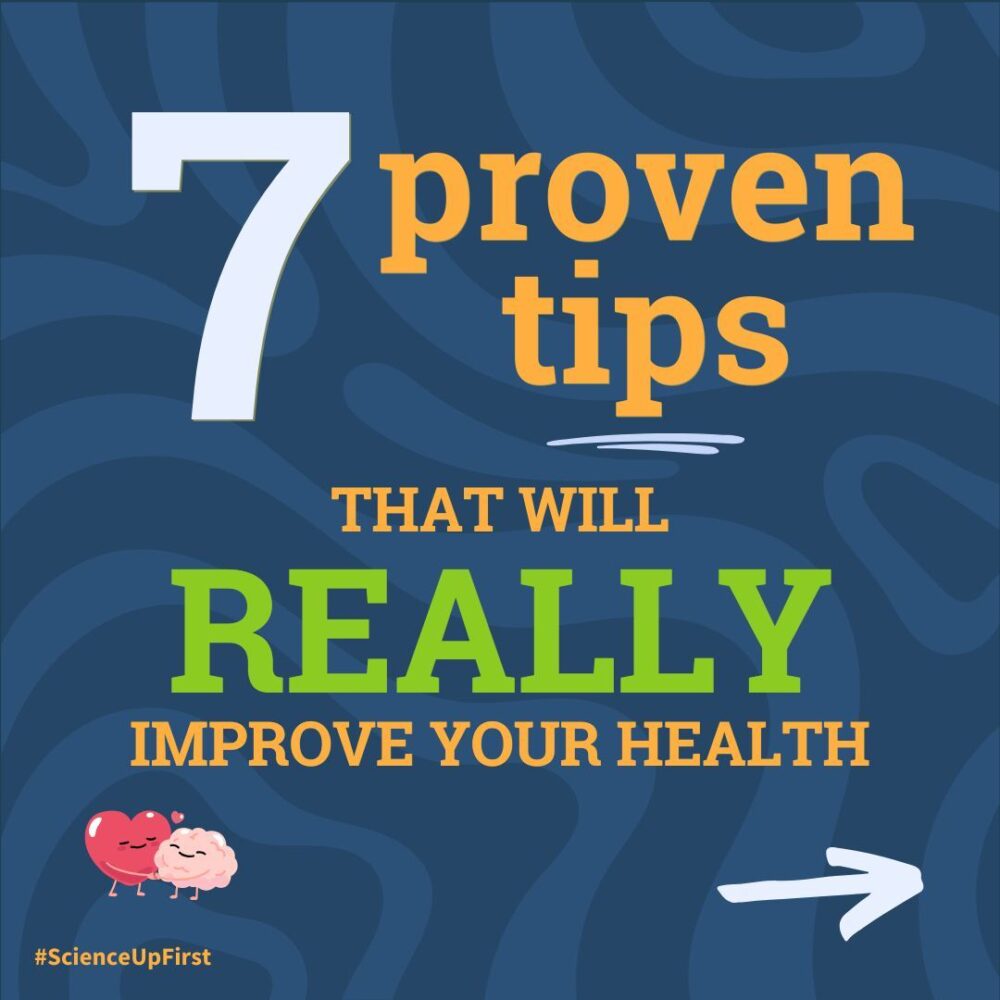
Did your grandparents ever tell you: “Eat your carrots, they’ll improve your eyesight!”
This is a pretty common myth that goes back to World War II when the British Royal Air Force started a propaganda campaign explaining that their pilots were successfully intercepting bombers because they were eating lots of carrots – which supposedly heightened their night vision. This grand plan was all to conceal from the Germans that they were in fact using new radar technology to intercept their bombers (1,2,3).
But don’t worry, there is some truth behind the myth. Carrots are a great source of beta-carotene, a provitamin that our body can convert into vitamin A. This vitamin is essential for the normal functioning of the rods and cones, the cells in our eyes that transform light into images (i.e. photoreceptors) (2,4,5).
Vitamin A deficiency affects primarily the rods, which are very sensitive to light and allow you to see at night. Cones, on the other hand, are able to detect color and work best in bright light conditions (6,7,8,9).
Hence, the first symptom of vitamin A deficiency is night blindness. It also causes extreme eye dryness, which can ultimately lead to total blindness (4,6,10). Good news is that night blindness can be restored with vitamin A supplementation (4).
But carrots are not the only food rich in provitamin A. Any orange-colored fruits or vegetables, especially sweet potatoes, will actually do the trick (5,11)!
To sum it up, while vitamin A contained in carrots can help keep our eyes lubricated and restore our night vision in case of vitamin deficiency, it can not improve our vision beyond what is considered normal (1,5).
Sources: https://tinyurl.com/SUFVisionAndCarrots
Share our original Tweet!
Have your grandparents ever told you:
— ScienceUpFirst | LaScienced'Abord (@ScienceUpFirst) February 21, 2024
"Eat your carrots, they'll improve your eyesight!".
Is it a myth? Where does it come from? We explain it all here: https://t.co/7qj32nvqDW#ScienceUpFirst pic.twitter.com/dqzXx0aH9X
View our original Instagram Post!



